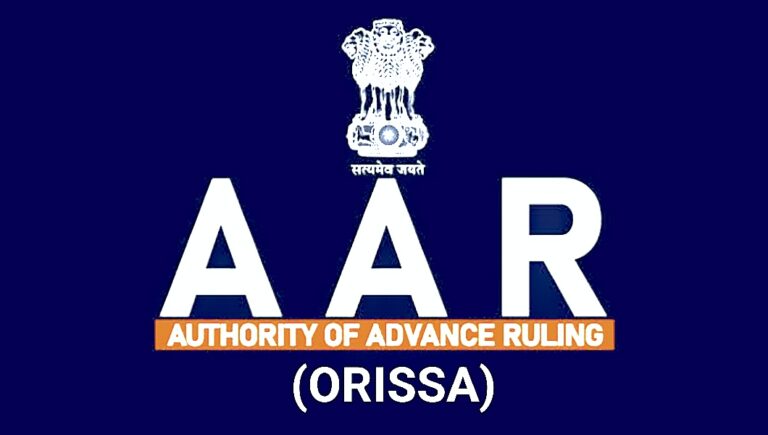Odisha AAR held that a company with Head Office (HO) in Maharashtra must take separate GST registration in Odisha where its field service engineers (FSEs) operate and spare parts/tool-kits are stored for carrying out repair/maintenance services under AMCs/CMCs for Odisha customers. The ruling squarely turns on whether such on-ground setup is a “place of business” and a “fixed establishment.”
Case name & date
Thermo Fisher Scientific India Pvt. Ltd. – AAR Odisha – Order dated 11 July 2025.
Facts (brief)
- HO in Maharashtra enters AMC/CMC for equipment installed at Odisha customer sites.
- Company stations FSEs in Odisha to service calls.
- Spare parts & tool-kits are dispatched from MH warehouse and temporarily stored in Odisha (at FSE/contracted location) before use in repairs.
- Applicant asked if this arrangement creates a place of business/fixed establishment in Odisha and whether GST registration in Odisha is required.
Issues framed
- Does the Odisha setup (FSE presence + temporary storage of parts/tools) amount to a “place of business” under Section 2(85), CGST Act?
- Does it amount to a “fixed establishment” under Section 2(50) (sufficient degree of permanence & suitable structure in terms of human/technical resources)?
- If yes, is the applicant required to obtain GST registration in Odisha; and what follows for taxability (CGST+OGST vs IGST)?
Ruling (held)
- Yes. The Odisha location where spare parts/tool-kits are kept and from where FSEs operate is a “place of business.”
- It also constitutes a “fixed establishment.”
- Consequently, separate GST registration in Odisha is required for services rendered from that establishment.
Reasoning (key points the AAR relied on)
- Section 2(85) covers storage of goods and locations from where business is carried on; even temporary storage tied to ongoing service operations qualifies.
- With FSEs regularly operating from Odisha using stocked parts/tools to fulfil AMCs, the setup shows continuity & resources, satisfying Section 2(50) “fixed establishment.”
- If there is a fixed establishment in Odisha, the location of supplier (Section 2(71)) for those supplies becomes Odisha, making state registration and CGST+OGST applicable for such services.
Practical impact & compliance
- Registration: Obtain Odisha GSTIN (Section 22 threshold easily met for such entities).
- Invoicing & tax type: For services supplied from the Odisha fixed establishment to Odisha recipients, charge CGST+OGST under the Odisha GSTIN (not IGST).
- E-way bills & e-invoicing: Generate under the Odisha GSTIN for movements/dispatches linked to that establishment.
- Cross-charge / ISD: Costs incurred by HO for Odisha establishment may need cross-charge or ISD distribution—review internal tax flows and credit mapping.
- Contracts & PO address: Align AMCs, POs, and service tickets with the correct GST registration to avoid place-of-supply disputes. (General GST practice notes consolidated from the reported summaries.)
How this differs from earlier lenient views
Some earlier fact-patterns/rulings suggested no separate registration where operations were transient or goods were billed/cleared by HO without a stable on-ground setup. The Odisha AAR distinguishes by emphasizing on-site manpower + stored spares that create permanence and resources, tipping it into fixed establishment territory. Treat this ruling as fact-sensitive and plan accordingly.
Our analysis & takeaways
- Storage + stationed staff = high risk of “fixed establishment.” Even “temporary” storage can count when it’s integral to continuous service delivery.
- State registration drives tax pattern. Once a fixed establishment exists in Odisha, supplies from it are taxed as intra-state (CGST+OGST), not IGST.
- Document your facts. If you want to avoid multi-state registration, avoid stocking parts and posting staff in a state on a continuous basis; use dispatch-per-call from HO with travelling engineers, and keep evidence of no local facility/stock.
-
Expect scrutiny in AMC/after-sales models, especially for medical/industrial equipment where uptime needs local stocking—this ruling strengthens the department’s hand in similar setups.
